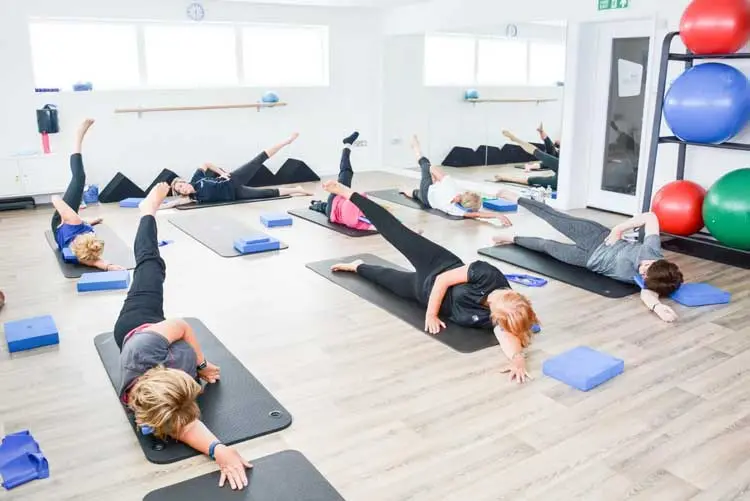There are many reasons that we run and so many people include running is an integral part of their lives and routines. Keeping healthy, loosing weight, physical fitness and wellbeing are some of the many reasons people run, but mental wellbeing is often a really important motivation for people running.
So, when we can’t run, for whatever reason, not only does this impact us physically but also mentally. There is the obvious concern and worry about the injury itself and the recovery process, and then there is the direct impact that not running can have.
How can a running injury impact runners psychologically?
- If you use running as a way of helping manage stress, anxiety, depression or other mental health issues, if you can’t run, you are effectively loosing that really important coping mechanism. This can really increase stress and worry and have an impact on your general mood.
- If your mood and mental health is impacted by not running, in turn this can further increase your worry about the injury itself. Finding yourself here, can be a vicious cycle, the less you are running, the more you are impacted psychologically, the more you worry about your injury, the more you fear not being able to get back to running – it can be really worrying.
- A huge part of running for many people can be the social aspect. So, if you aren’t running, you can really loose out in this aspect, which can have further negative impact on your emotional and mental health.
- Despite an injury improving, research has found that low mood and athletic fear avoidance may persist. Fear avoidance means being anxious of doing certain things, so this could mean how often you’re running, how far and the intensity. This demonstrates the longer term consequences that having an injury can have in your self confidence.
So, what can you do?
- Seek professional support and advice and start rehabilitation for your injury ASAP. If running is such an important part of your life, getting back to it should be a high priority. You don’t need to tackle it alone.
- Don’t rely on ‘Dr Google’, an Instagram influencer, ‘Steve at the Running Club’ or a random YouTube video for instructions on how to treat your injury. You are unique and getting the right treatment and advice for YOU is really important.
- Work with your Therapist to set realistic timeframes, particularly if training has been curtailed. Having unrealistic expectations about your recovery can lead to further distress, so having the support and expertise to set goals and have a timeframe that is realistic will be really helpful.
- Try to still be involved in the social aspects of running. What about volunteering at Park Run, going to watch races or getting together with the people you normally run with socially or to do an activity you can do
- Think about learning other strategies to manage your mental wellbeing. Injuries can often be an inevitable part of running, so it’s good to have a back up plan so we don’t rely just on running. This may take the form of reviewing lifestyle factors such as work/life balance, diet, sleep and alcohol consumption and/or seeking professional support for your mental health.
- Don’t be afraid to discuss how much of an impact your injury and not running is having on you psychologically with your Therapist. It’s really important that you share your feelings so that we can help you in the best possible way.
Here at goPhysio, we try and keep you running where we can or support you in getting back to running safely as quickly as possible, whilst managing your injury and recovery. Our seamless service from treatment of your injury through to specific rehabilitation, really ensures you get back to running without any lingering fear or niggling, recurrent injury.
Need some help, get in touch or book an appointment online.
Thanks to The Running Physio for sharing the latest research about the psychological impact of running injuries.



